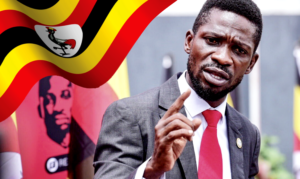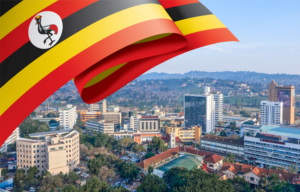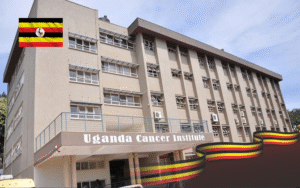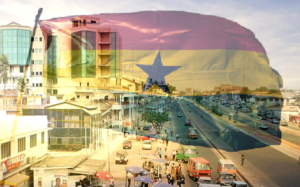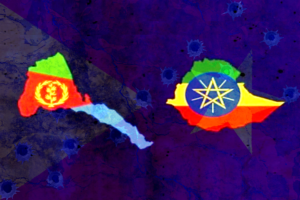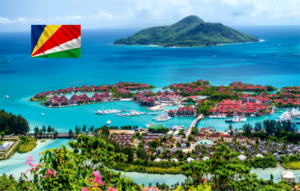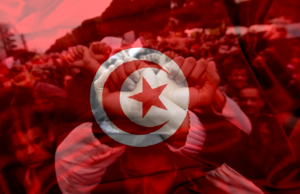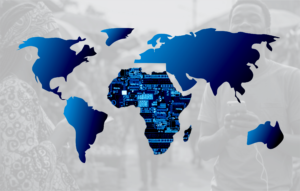Uganda’s Museveni Secures 2026 Bid as Questions Rise over Economy, Democracy, and Generational Change
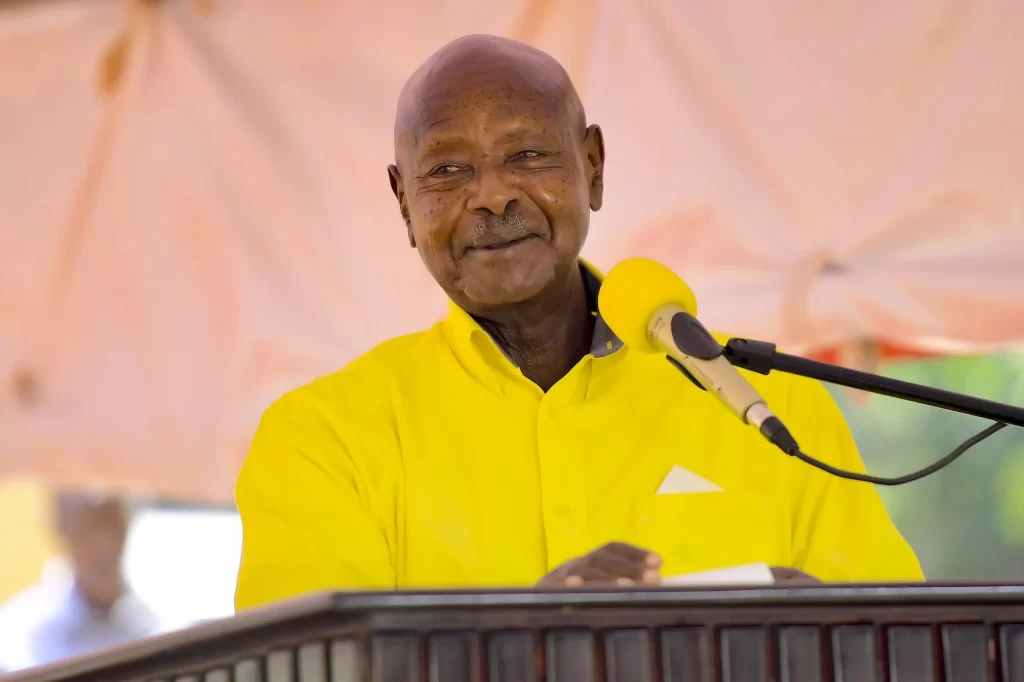
Kampala, Uganda’s ruling National Resistance Movement (NRM) has officially endorsed President Yoweri Museveni as its candidate for the 2026 general election, setting the stage for what could become his seventh consecutive term and extending his rule toward four decades.
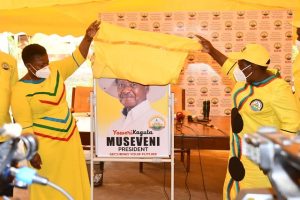
The announcement that was made at the party’s national delegates’ conference on 27th-28th of August, 2025, was long anticipated. Museveni, who first took power in 1986, had already signaled his readiness months earlier. The endorsement cements his status among Africa’s longest-serving leaders, joining Equatorial Guinea’s Teodoro Obiang Nguema Mbasogo and Cameroon’s Paul Biya in a select circle of post-independence rulers whose tenure has spanned generations.
In the Uganda’s portrait of economic frameworks and political continuity: the NRM has framed Museveni’s prolonged leadership as the guarantor of political stability and economic growth. Officials point to Uganda’s gross domestic product, which they claim has grown seventeen-fold since Museveni’s first days in office. Infrastructure projects, energy expansion, and regional trade integration have been central to the government’s narrative of progress.
Yet beneath these macroeconomic achievements lie deeper contradictions. Inflationary pressures, youth unemployment, and dependence on foreign aid continue to shape Uganda’s economy. Critics argue that the concentration of power has discouraged innovation, deterred private investment, and fueled systemic corruption. Regional frameworks such as the East African Community (EAC) and African Continental Free Trade Area (AfCFTA) offer opportunities for trade-driven growth, but questions remain over whether Uganda’s political environment encourages equitable participation.
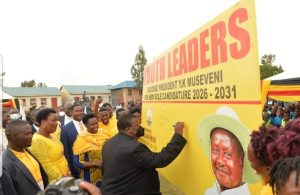
With regards to families and social implications, the ordinary Ugandans’ close discussions about Museveni’s candidacy intersects with everyday realities. Families face rising costs of living, fluctuating food prices and limited access to healthcare and education. Migration, both rural-urban and cross-border, continues to redefine household structures, as young people seek opportunities abroad or in informal economies at home.
Socially, the persistence of one-man rule raises generational tensions. While Museveni presents himself as the ssaabalwanyi – the “Chief Warrior” who restored Uganda from past turmoil, a growing youth population views his dominance as an obstacle to renewal. Uganda’s median age is 16.7, meaning most citizens were not alive when he first came to power. This generational divide fuels cultural debates over leadership, identity, and the role of music, art, and activism in shaping political consciousness.
Regionally, Uganda remains a pivotal actor in East African security and politics. Its involvement in peacekeeping missions in Somalia, its influence in South Sudan, and its position as a host for millions of refugees give it leverage in international relations. Continued Western aid and investment are often justified on the grounds of stability, yet Museveni’s increasingly authoritarian posture tests this balance.
China’s rising footprint in Uganda’s infrastructure and resource sectors adds another layer of complexity, while Russia has sought to expand defense and energy ties. These dynamics underscore how Museveni’s reelection bid is not just a domestic affair but part of a larger contest over influence in Africa.
Opposition challenges and the shadow of dynastic succession: the main opposition, led by Robert Kyagulanyi Ssentamu, better known as Bobi Wine, has announced plans to challenge Museveni again. The 43-year-old musician-turned-politician commands strong youth support but continues to face intimidation, arrests, and allegations of electoral manipulation. His movement, the National Unity Platform (NUP), is already preparing its paperwork for candidacy despite fears of repression.
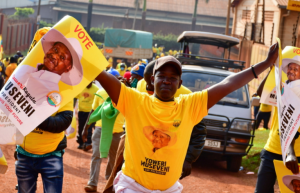
Meanwhile, speculation about dynastic succession has not disappeared. Museveni’s son, General Muhoozi Kainerugaba, commander of the Ugandan army since 2024, has cultivated both military power and controversy, particularly with inflammatory social media posts. His looming presence raises questions about whether Uganda’s future lies in a continuation of the Museveni dynasty or in a generational shift driven by opposition movements.
As Uganda heads toward the 2026 election as a nation at a crossroads, the stakes extend far beyond the ballot box. At issue are the structures that underpin governance, the fairness of economic opportunity, and the cultural fabric of a society caught between tradition and transformation.
For the business community, continuity offers predictability but not necessarily transparency. For families, the outcome touches on livelihoods, education, and the prospects of children entering a competitive labor market. For politics, the election tests the resilience of institutions in a system where personality has long outweighed policy.
Museveni’s candidacy thus represents more than an extension of his rule. It is a referendum on Uganda’s future; one that will reverberate across regional economies, cultural identities and the everyday lives of its people.


